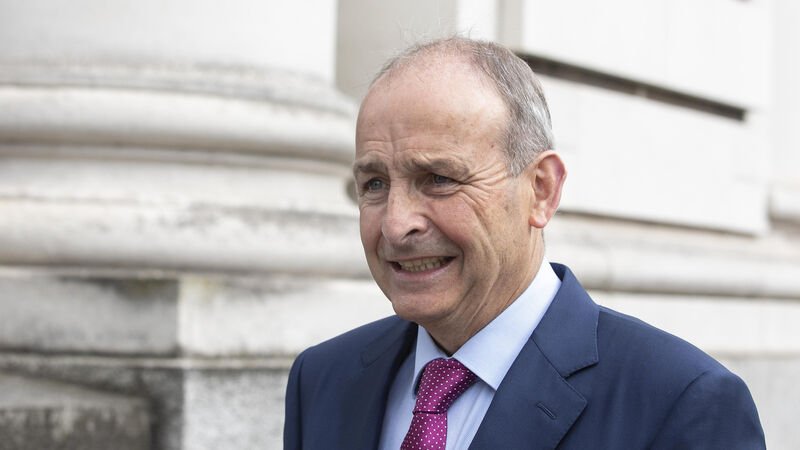Daniel McConnell: Micheál Martin and Fianna Fáil edge ever closer to oblivion

Micheál Martin is under fire from within his own parliamentary party — with whom he already had an uneasy relationship — over the party's poor election results, and an apparent reluctance to discuss them properly. Picture: Damien Eagers/PA
“This party is going down the tubes.”
This was the frank assessment of a senior Fianna Fáil TD this week after it was confirmed the party’s proposed meeting to discuss recent electoral woes and current opinion poll slump was being put back by more than a week.












